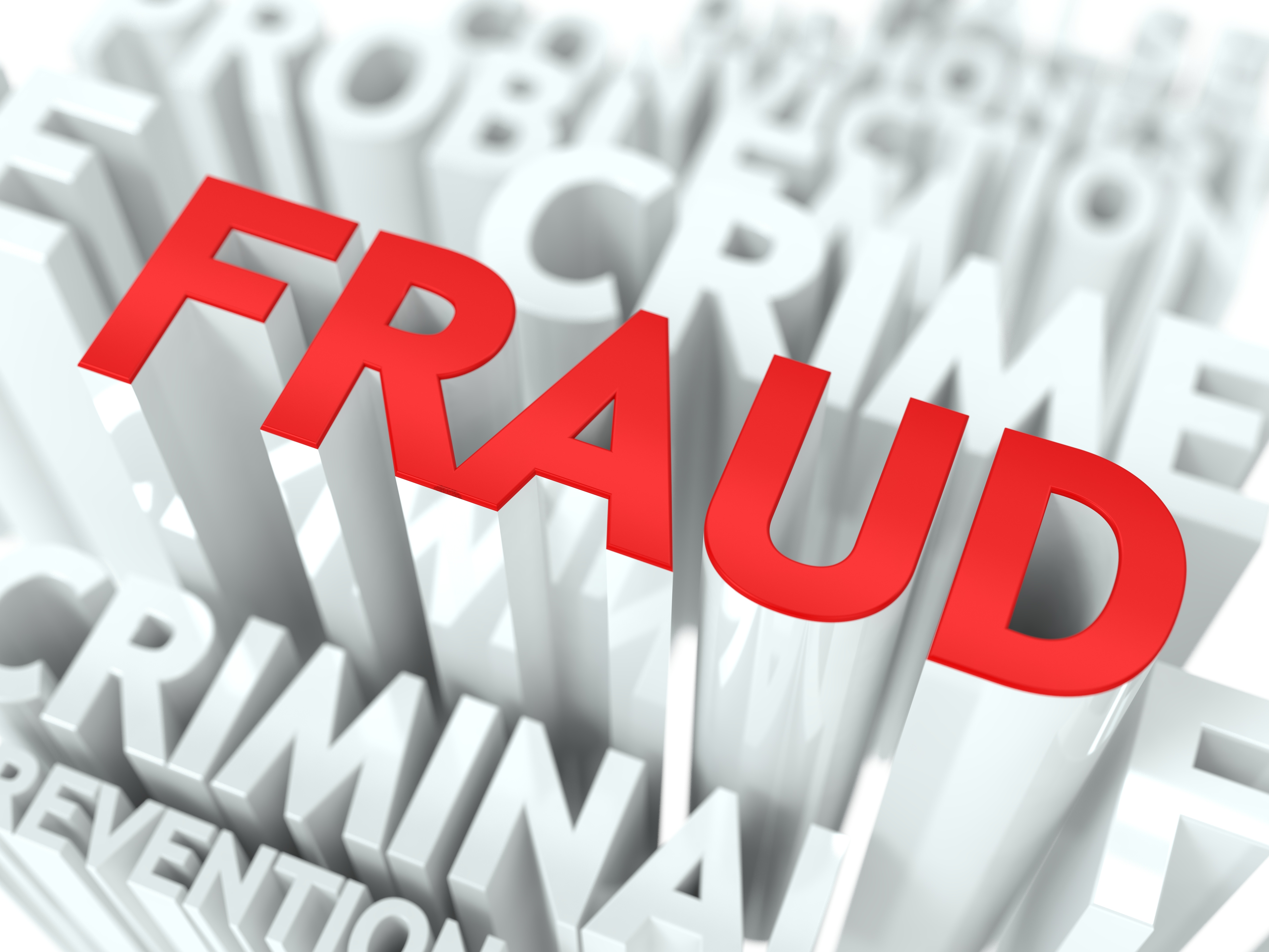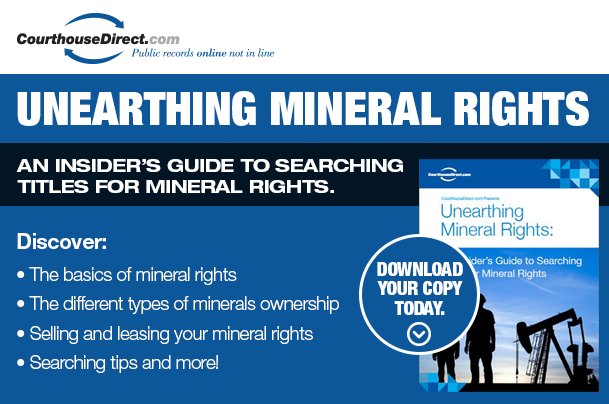 In an age of rapid technological advancement and on-demand information, it might come as a shock that mineral royalties fraud persists. Despite commonsense financial regulations and careful monitoring of drilling, excavation and distribution activities, many extraction firms continue to use underhanded or blatantly illegal tactics to increase their earnings and defraud the landowners with whom they work. While the vast majority of these businesses are on the up-and-up, landowners who wish to sell or lease valuable mineral rights must take precautions to ensure that they're fairly compensated for their holdings.
In an age of rapid technological advancement and on-demand information, it might come as a shock that mineral royalties fraud persists. Despite commonsense financial regulations and careful monitoring of drilling, excavation and distribution activities, many extraction firms continue to use underhanded or blatantly illegal tactics to increase their earnings and defraud the landowners with whom they work. While the vast majority of these businesses are on the up-and-up, landowners who wish to sell or lease valuable mineral rights must take precautions to ensure that they're fairly compensated for their holdings.
Illegitimate Titles
This is one of the oldest tricks in the book. Since the long-ago gold rush days, unscrupulous entrepreneurs have enticed unsuspecting prospectors or land-buyers with supposedly mineral-rich parcels that they have no right to sell. In the lightly regulated "old days," these claims were often manufactured out of thin air: Sellers would offer government-owned squares of land from which buyers would shortly be evicted.
These days, so-called illegitimate title fraud is more sophisticated. It's common for property sellers to overstate the bounds of their lots or fail to inform prospective buyers that they lack the mineral rights to the parcels in question. Buyers who believe that they're securing surface and mineral rights might be shocked to learn that they have no right to exploit what's in the ground.
Illegally Frozen Leases
Mineral leases expire after pre-determined periods of time. During periods of market volatility, extraction companies that expect metal or energy prices to rise may freeze the leases on the parcels that they own in order to "lock in" favorable terms. Naturally, this can result in larger profits for them and smaller royalty payments for landowners. While there is some confusion as to the legality of this practice, many courts have sided with landowners who have been cheated in this manner.
Horizontal Drilling Without Permission
Sadly, technological advances have made this type of mineral royalties fraud more feasible. Over the past couple of decades, extraction companies have perfected "horizontal drilling" techniques that permit drilled wells to tap hydrocarbon deposits within a radius of two or more miles. While extraction firms are required to reach agreements with all of the landowners that might be affected by a horizontally drilled well, it's relatively easy to bypass this rule. Many landowners who have refused to sell or lease their mineral rights to unscrupulous firms have fallen victim to outright theft.
Sampling Malfeasance and Suspect Claims
Technology also makes it easier to misrepresent the nature of a given vein or pool of minerals. Landmen who work for profit-hungry extraction companies may cherry-pick from core samples to convince landowners that they own the rights to unusually rich mineral reserves. They may also make questionable claims about proprietary extraction processes that promise incredible returns. Landowners who sell or lease their mineral rights on the basis of such claims may be disappointed by the actual production figures that result.
Landowners who fear this type of mineral royalty fraud should retain a third-party professional with adequate qualifications to evaluate extraction companies' yield-related claims and perform an independent analysis of the parcel in question. In fact, experts encourage anyone who wishes to sign a royalty lease to take this additional step before making any firm commitments.
Financial Fraud
Some fraudsters take a more direct approach. Since royalty distribution calculations require fairly advanced math and employ non-intuitive concepts, they can be hard for average landowners to verify. It's relatively easy for accounting pros to conceal production or use questionable cost-basis calculations to reduce the net royalty payments that landowner-lessors receive for their properties' minerals. Landowners should always secure independent verification of any royalty-related financial statements that they receive.
It's clear that mineral royalties’ fraud is alive and well. This broad category of malfeasance manifests itself in many different ways. While it's easy to see some types of fraud coming from miles away, others may be more insidious. Landowners have every right to protect their birthright and secure their just rewards.
* Image courtesy of FreeDigitalPhotos.net





















